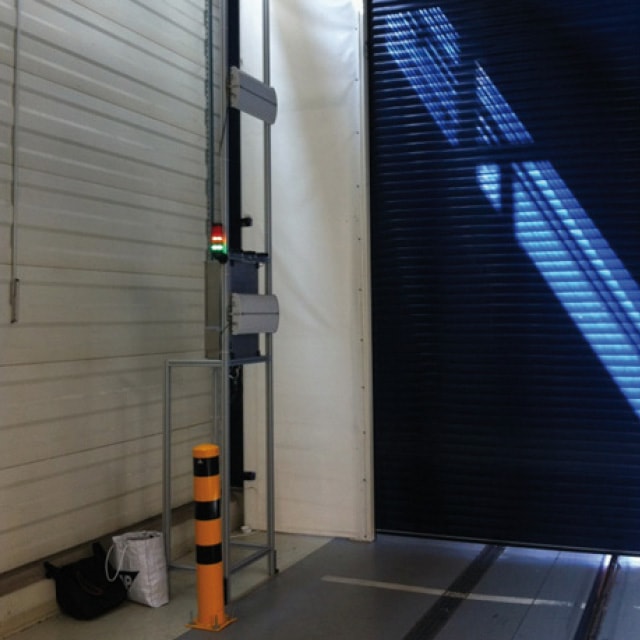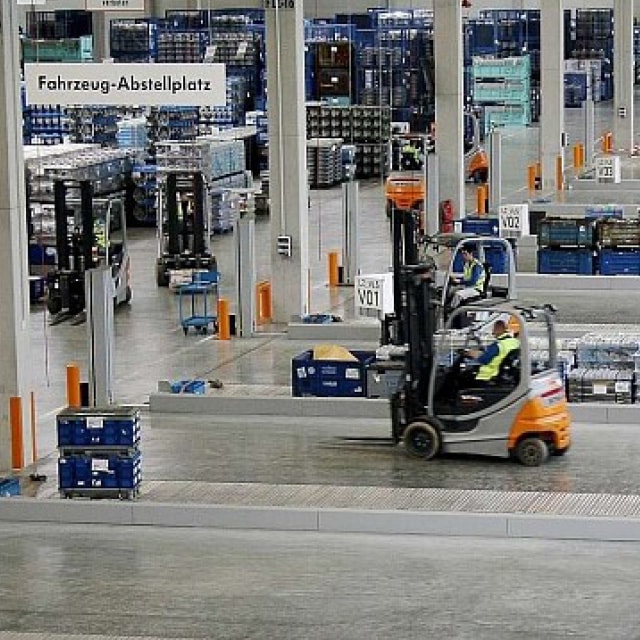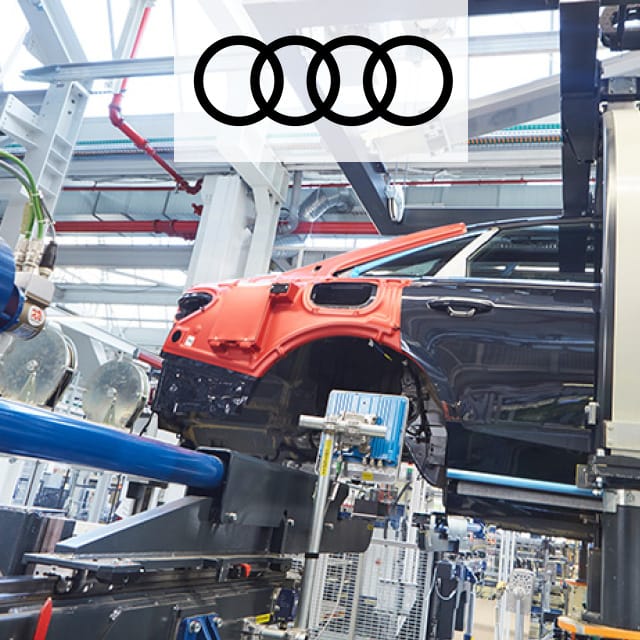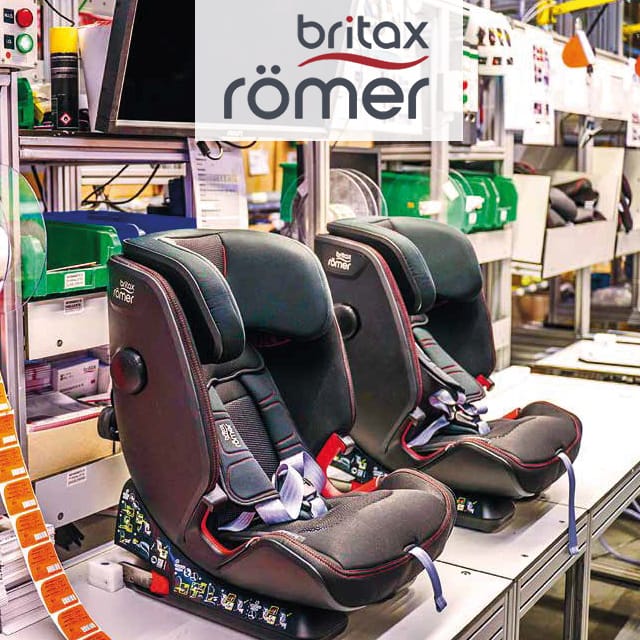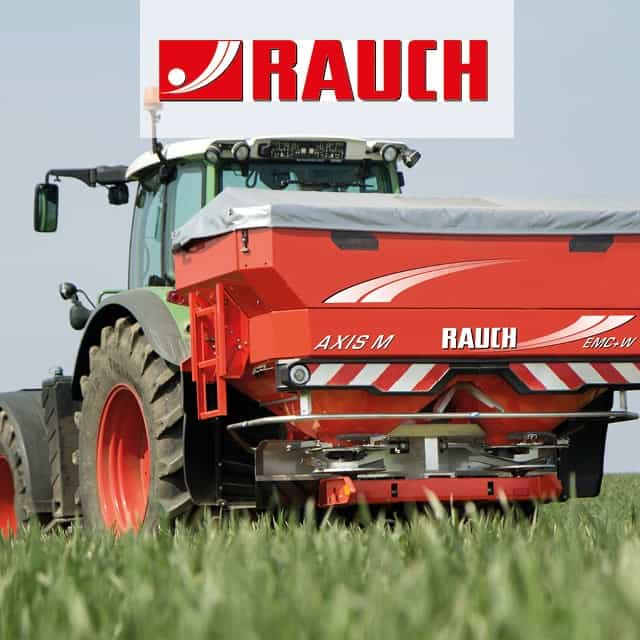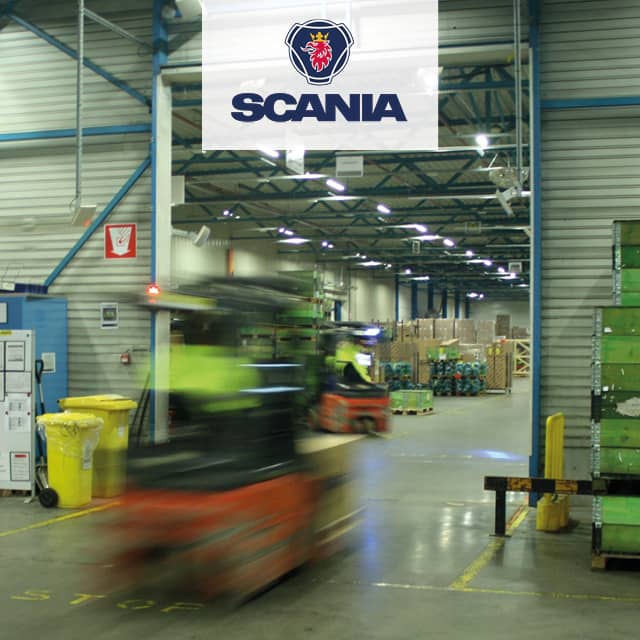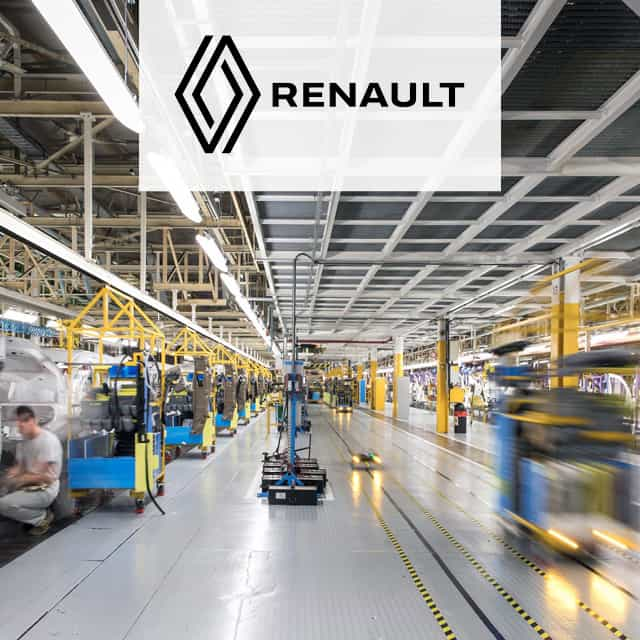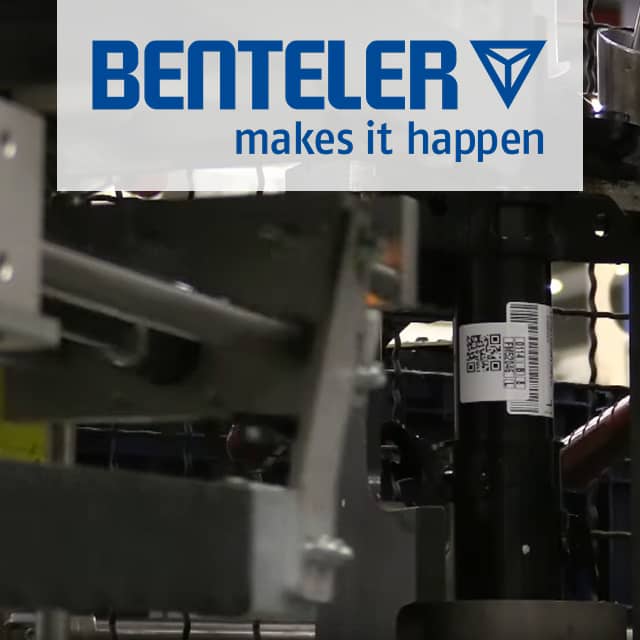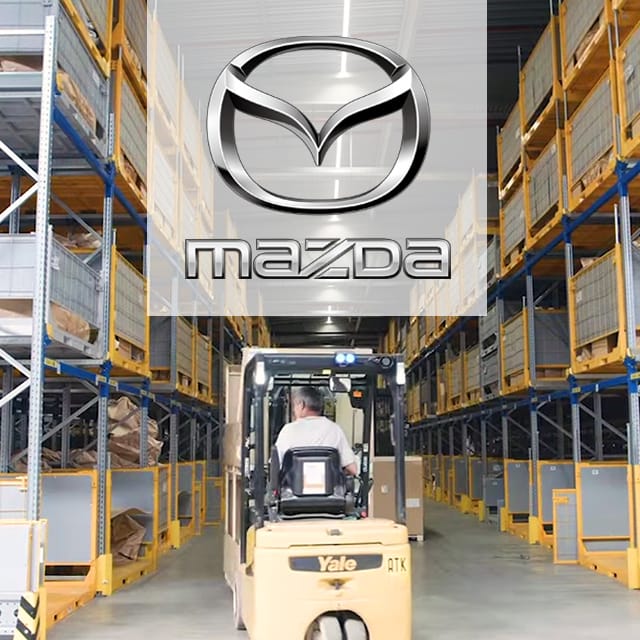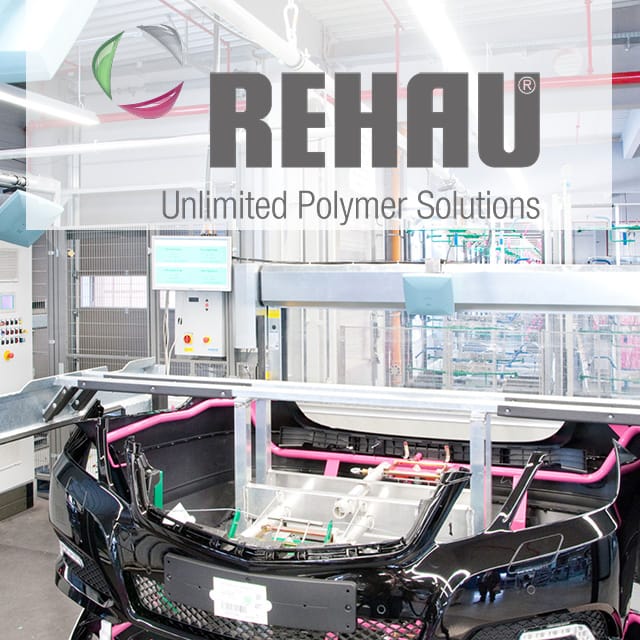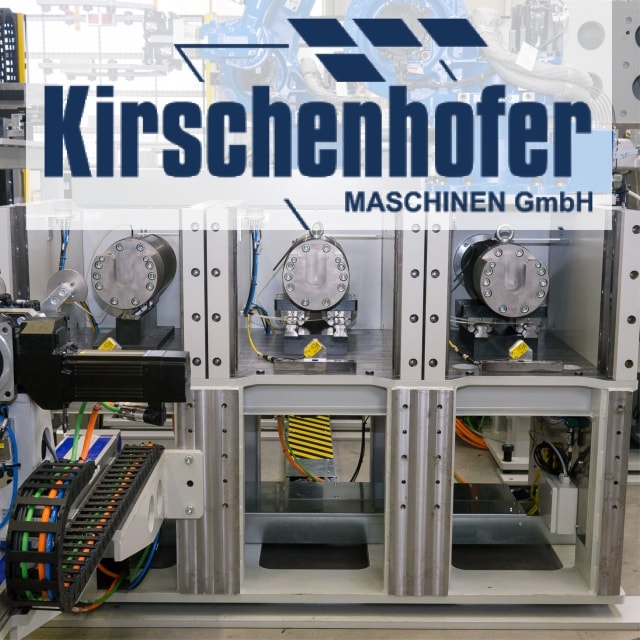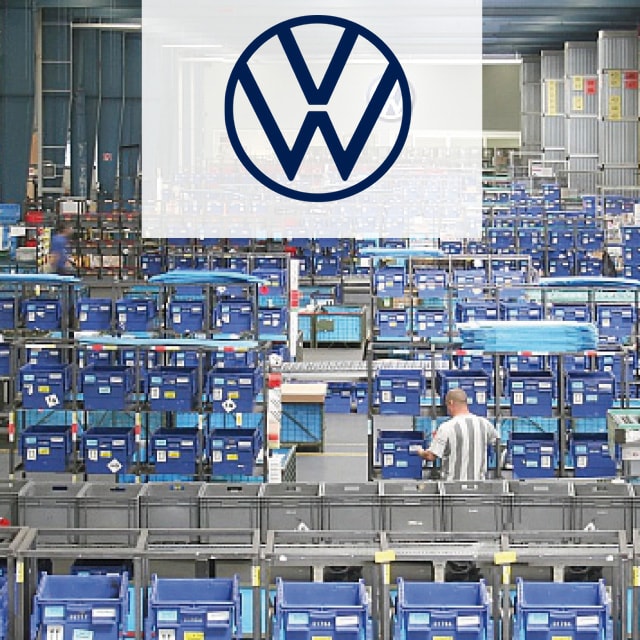
Load Carrier Management with RFID in Automotive Production
The Volkswagen Group owns 12 brands from 7 European countries with 122 production sites. Each year, the Group sells more than six million Volkswagen brand vehicles worldwide – especially in Europe and China.
RFID has been used for many years as a technology in load carrier management in Volkswagen plants. In order to make global management more uniform and efficient, processes for recording load carriers should be standardized worldwide.
The Volgswagen Group employed over 655,000 people worldwide in 2018. Sales revenue in 2018 amounted to almost 236 billion euros. Almost eleven million vehicles of all Group brands were sold worldwide in 2018.
Process Requirements
The load carrier management based on RFID worked within the globally distributed production sites. However, there was no globally uniform process of administration in the individual plants. At the beginning of 2015, the central IT department decided to offer a standard load carrier management application for the individual Volkswagen plants and brands in the Group. The focus was on tracking serialized load carriers. This was not possible with previous systems.
All interfaces and system components must be coordinated and defined so that rollouts of this size can be implemented efficiently and cost-effectively in plants around the world. The required hardware and software must be available in a standardized form. In order to achieve comparable and stable functions in all RFID applications worldwide, an internal shared service was set up.
Solution
With the load carrier management application, Volkswagen Shared Service offers a central template software solution. It can be quickly and easily expanded to meet the local requirements of the plants. For example, specific reporting and analysis formats can be implemented for other Group brands or key suppliers. The entire load carrier management application runs as a shared service in Volkswagen's data center. The individual, decentralized reading points in the plants are connected via RFID readers with integrated management software.
The core objectives of the application are tracking the load carriers to optimize inventory, efficient use of containers and simplified planning and procurement. An additional expansion of the recording and analysis on material tracking level by linking the parts and materials with the load carrier is already planned in the rollout phase model.
The connection of external tracking points creates end-to-end transparency, which improves planning for Volkswagen and its supply chain partners, such as suppliers or logistics service providers. The supplier or external partner can therefore use the load carrier management application to gain direct insight into the relevant container stocks at Volkswagen and, for example, trigger the replenishment of components promptly as part of logistics optimization. In return, Volkswagen has access to the supplier's container stocks, enabling more efficient use of the load carriers. Shrinkage can also be largely avoided.
In the load carrier management application, each individual load carrier can be assigned a status that provides information on its individual condition – for example, full, empty, damaged, in maintenance, cleaned, dirty. This provides a high degree of transparency regarding the number, condition and position of the individual load carriers. As a result, time-consuming transports between the plants and the suppliers as well as the costly subsequent procurement of new containers are no longer necessary. The permanent shrinkage of containers is counteracted.
Technology Partner
Hardware & Software
Advantages
- Increased transparency in the entire container management
- Better planning, utilization of existing stocks and more efficient procurement processes
- A globally standardized process
- Consideration of local peculiarities through application extension options
Perspective
- The application has already (as of 2017) been installed in several Volkswagen plants including Wolfsburg, Zwickau, Hannover and Bratislava and is still in rollout worldwide
- The long-term goal includes the control and automatic booking of goods movements including load carrier management. It is also planned to connect suppliers and service providers in order to receive information automatically via supply chain events outside Volkswagen's own borders.
Learn More
Questions? Get in contact with the editorial team!
Technologies
Application Fields


